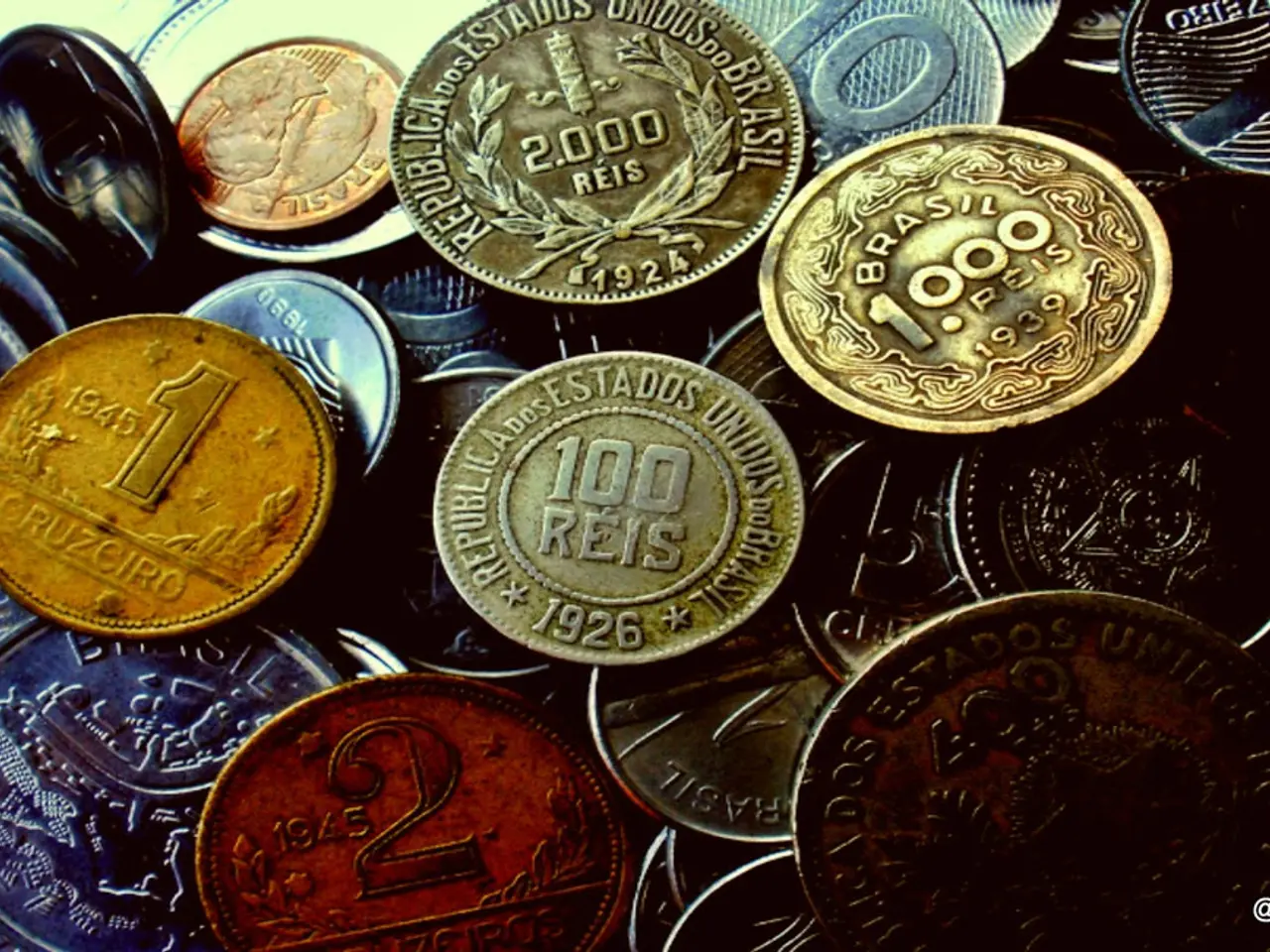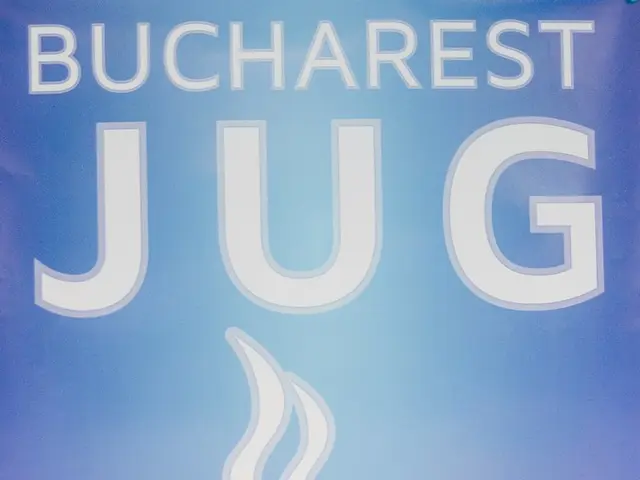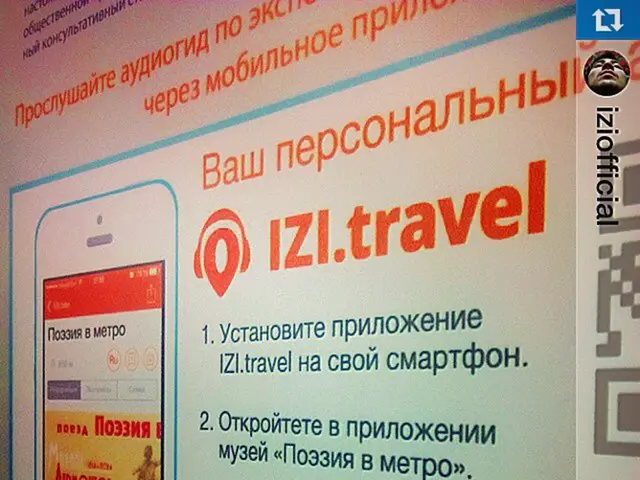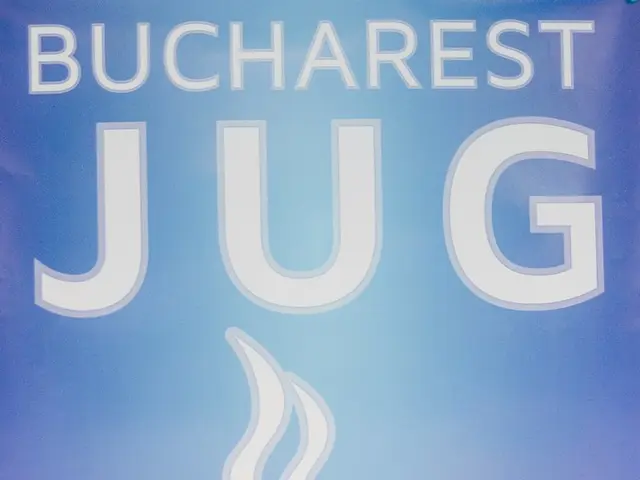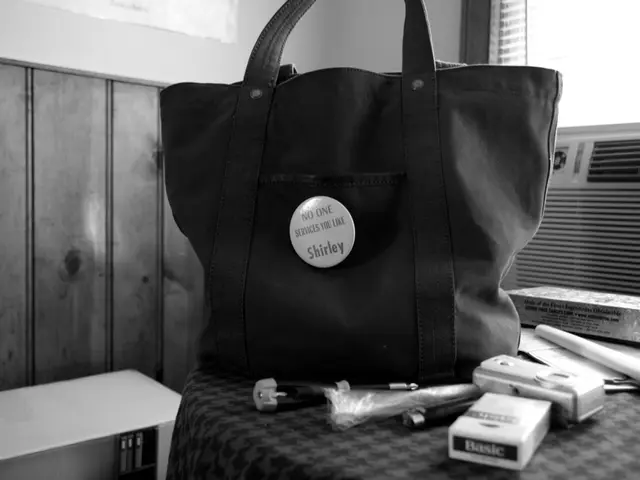Justin Sun's Clash with WLFI: Is DeFi's Decentralization at Risk of Descent into Dictatorship?
In a surprising turn of events, World Liberty Financial (WLFI), a cryptocurrency backed by the Trump family, has found itself in the midst of a controversy. The centre of the storm is crypto billionaire Justin Sun, who has had his blockchain address blacklisted by WLFI, freezing millions of dollars worth of WLFI tokens.
According to reports, Sun transferred $9 million worth of WLFI tokens to various exchanges, leading to the blacklisting. However, Sun maintains that the transfers were not for selling purposes but "a few generic exchange deposit tests involving very low amounts." He has also asked the WLFI team to unfreeze his tokens, stating that suspending investors' assets is a violation of their rights and could damage faith in World Liberty Financial.
The blacklisting of Sun's address has raised questions about the true decentralization of World Liberty Financial. Concerns have been expressed that only a few people may have control, as the blacklist function in WLFI's smart contract gives the team the power to blacklist wallets on their own.
Analyst Nansen reported that Sun transferred 50 million WLFI tokens to a different address prior to the blacklisting. The blacklisting of Sun's address effectively froze 595 million unlocked WLFI tokens, worth about $107 million.
Unlike stablecoins like USDC and Tether, WLFI's blacklisting was not due to external regulatory requirements, but rather due to internal governance and security issues. The case of WLFI's blacklisting of Justin Sun's wallet is unique in that it was not due to law enforcement or regulatory compliance, but rather claims of token dumping and market manipulation.
It's important to note that the blacklist function means that the assets can't be moved or sold as long as the restriction is active, even though they are still visible in the wallet. This has led to concerns about the transparency and fairness of WLFI's operations.
At the time of launch, about 24,669,070,265 tokens were in circulation. The funding for WLFI is part of its Treasury Strategy, with 2.88 billion going to marketing and liquidity, and 4 billion going to people who buy tokens in public sales. The non-circulating supply includes 19.95 million tokens in the protocol treasury, 33.507 million for the team, 16 million for public sale, and 5.85 million for strategic partnership.
The maximum supply of WLFI is 100 billion, with 1 billion tokens on Ethereum, 285 million on Solana, and 50 million on BNB Chain during the launch. It's worth noting that WLFI is not the first protocol to blacklist wallets or tokens, with Tether, USDC, and Tornado Cash having had their shares of sanctions and blacklistings in the past.
The question remains whether politically branded, high-profile crypto projects can keep their beliefs while still gaining influence. The WLFI and Justin Sun case demonstrates that the line between decentralization and centralised control can be blurred, and investors may turn off if WLFI is seen as not being truly decentralized, despite its claims of following the principles of decentralized finance (DeFi).
As the situation unfolds, it's crucial for WLFI to address the concerns raised by the blacklisting incident and work towards building trust with its investors and the wider crypto community.
Read also:
- Understanding Hemorrhagic Gastroenteritis: Key Facts
- Stopping Osteoporosis Treatment: Timeline Considerations
- Trump's Policies: Tariffs, AI, Surveillance, and Possible Martial Law
- Expanded Community Health Involvement by CK Birla Hospitals, Jaipur, Maintained Through Consistent Outreach Programs Across Rajasthan
